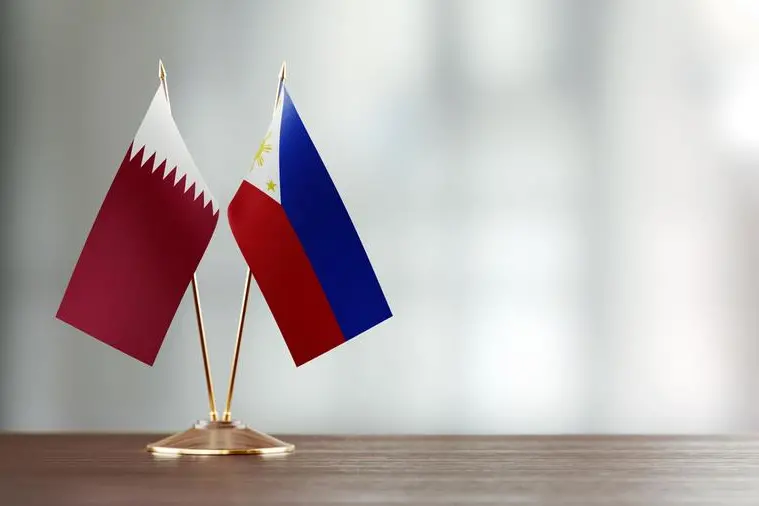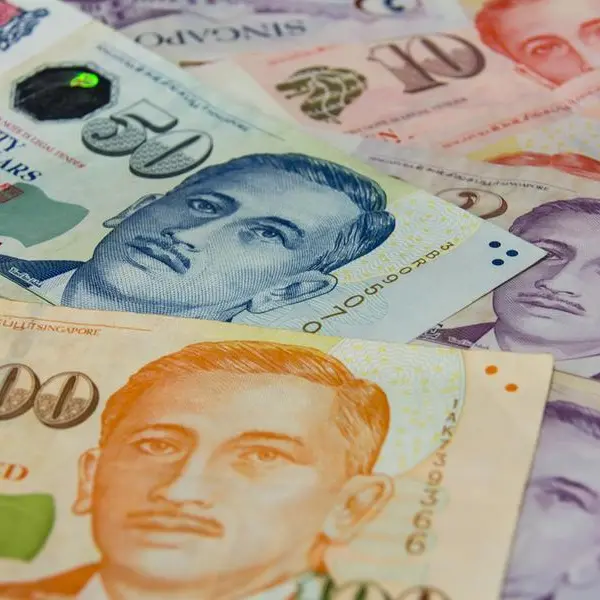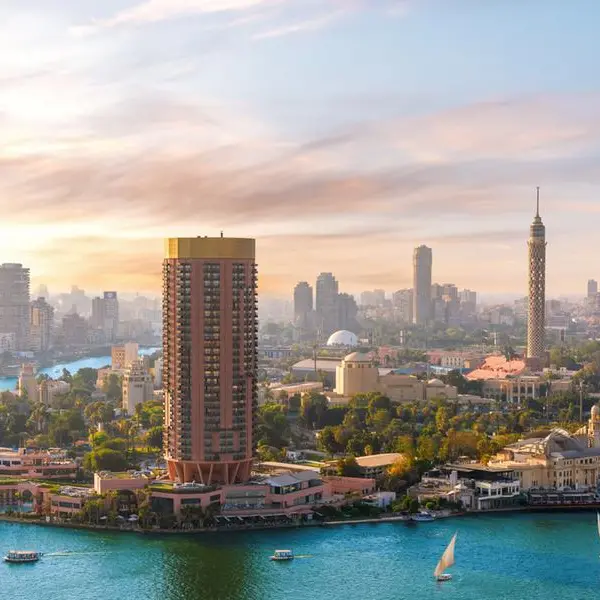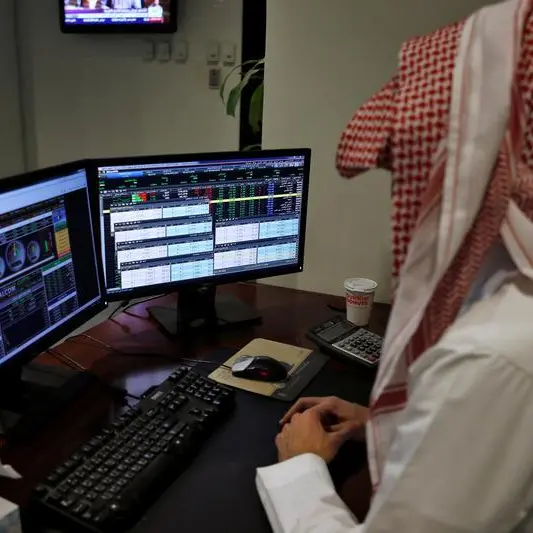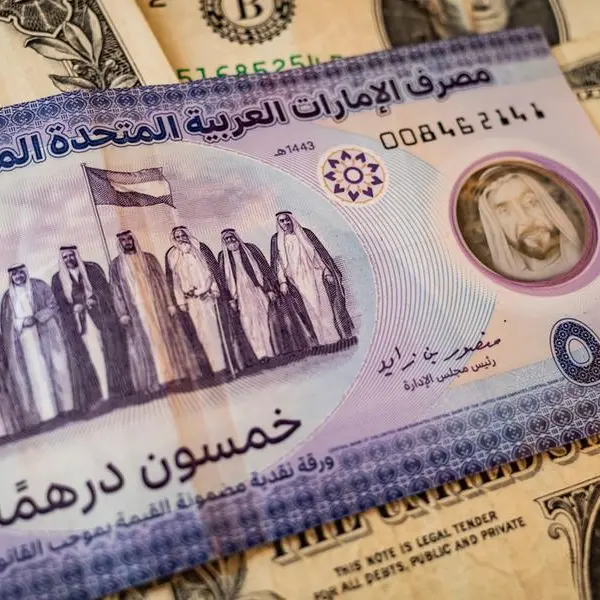PHOTO
Qatar - The Philippines’ finance secretary, Benjamin E Diokno, has invited Qatari investors to explore investment opportunities in 197 Infrastructure Flagship Projects (IFPs) that were approved by President Ferdinand Marcos, Jr last month.
The IFPs, with a total investment requirement of about $155bn, focus on unlocking greater economic productivity through physical connectivity, digital connectivity, health, power and energy, agriculture, flood management, water supply, and irrigation, Diokno announced during the ‘PH Dialogue: Economic Outlook and Opportunities’ held in Doha yesterday.
Diokno delivered the event’s keynote address in the presence of Bangko Sentral ng Pilipinas Deputy Governor Francisco G Dakila Jr, Department of Budget and Management Secretary Amenah F Pangandaman, National Economic and Development Authority Secretary Arsenio M Balisacan, Bangko Sentral ng Pilipinas Assistant Governor Arifa A Ala, and Philippine ambassador to the State of Qatar Lillibeth Pono.
According to Diokno, of the 197 IFPs, 39 will be undertaken through public-private partnerships (PPPs), citing approved PPP projects, such as the Cavite-Laguna Expressway Project, the Metro Manila Subway Project, and the New Manila International Airport Project (under physical connectivity); the UP-PGH Diliman Project (health); and the Wawa Bulk Water Supply Project (water resources).
“Since the beginning of the president’s term, we have already approved four big ticket projects with a total cost of P212.8bn or around $3.8bn. The solicited proposal for the rehabilitation of the Ninoy Aquino International Airport as our major airport in the Philippines was evaluated and approved in just six weeks.
“Meanwhile, the unsolicited proposal for the Tarlac-Pangasinan-La Union Expressway, or what we call TPLEx extension project was evaluated and approved within just 11 weeks,” Diokno explained.
The finance secretary emphasised that smart, resilient, and interconnected infrastructure “is critical to facilitating the entry of new investments.” This, he said, boosts productivity, effectively links value chains throughout the archipelago, establishes liveable communities, and drives equitable growth in both the rural areas and urban sectors.
“It is clear that the administration of President Ferdinand Marcos Jr has put infrastructure development at the forefront of the Philippines’ development strategy.
This requires innovative financing solutions and strategic partnerships with the private sector,” he stressed.
Diokno also said the Philippine government has opened up the renewable energy sector to full foreign ownership to complement the Philippines’ move to transition away from coal and into cleaner energy sources. This includes the exploration, development, and utilisation of solar, wind, hydro, and ocean or tidal energy resources, he noted.
He also explained the recently enacted Maharlika Investment Fund Act, which establishes the Philippines’ first-ever sovereign investment fund.
Diokno said, “The Maharlika Investment Fund will serve as an additional source and mode of financing priority projects of the Philippine government, including the infrastructure of large-scale projects, which offer high rates of return and significant socio-economic impact.”
“The fund also aims to attract the participation of local and foreign capital, large global funds, global international institutions, multilateral partners, and other sovereign wealth funds to make direct equity investments in Philippine ventures and projects.
“The Maharlika Investment Fund can also be used for green and blue projects, countryside development, and emerging mega-trends, such as digitalisation, ESG, and healthcare,” he stressed.
Diokno also noted that the Philippines is “one of the fastest growing economies” in emerging investment opportunities in the Asia and Pacific region. He said the Philippine economy registered its highest full-year growth of “7.6%” in 2022 – the highest in 46 years.
“This growth performance exceeded our previous pandemic outlook. Despite the gloomy outlook in the global economy, the Philippine economy grew by 5.3% in the first half of this year...in the first semester of 2023, the Philippines outpaced our neighbours in Indonesia, Malaysia, Vietnam, Thailand, and Singapore.
“Major international organisations have put their confidence in the Philippines.
The International Monetary Fund and the World Bank both upgraded their growth outlook on the Philippines to 6.2% and 6%, respectively, despite the slower growth in advanced economies,” Diokno added.
© Gulf Times Newspaper 2022 Provided by SyndiGate Media Inc. (Syndigate.info).
